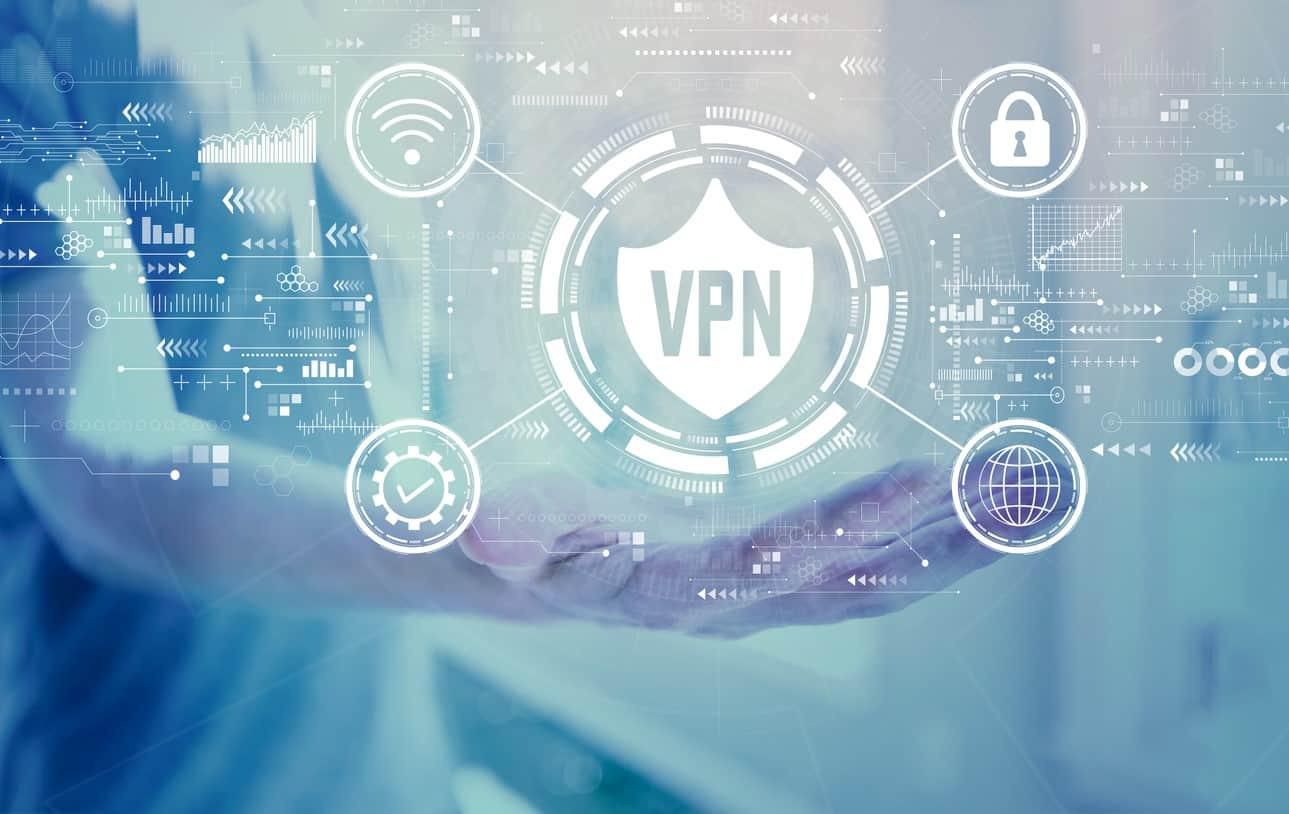Key highlights
The surging adoption of virtual private networks (VPNs) worldwide is rewriting the digital playbook for personal privacy, cybersecurity, and information access. The global VPN market, projected to exceed $77 billion by 2026 with double-digit annual growth, is now becoming integral to how individuals and organizations navigate an increasingly regulated, surveilled, and threat-prone internet.
What’s Driving VPN Growth?
Escalating privacy concerns: With growing data collection by companies and the expansion of government surveillance networks, VPNs serve as crucial shields, encrypting online activity and protecting users from both commercial tracking and targeted cyberattacks.
Internet censorship and bans: Authoritarian regimes and more open democracies alike are imposing stricter internet controls—from blocking independent media and social platforms to outright restricting certain websites. VPNs are essential for bypassing these digital firewalls, granting access to otherwise censored information and services.
Rise in cyberthreats: A spike in hacking, ransomware, and identity theft since the pandemic era has prompted businesses and individuals to secure their digital footprints. Home and remote workers use VPNs to protect sensitive data and maintain safe connections to corporate networks.
Work-from-anywhere and globalization: Distributed workforces and global tech hubs have made secure remote access a must-have. VPNs enable users to connect to company resources from anywhere, supporting productivity and compliance in a hybrid era.
Broadening Use Cases
Streaming and content access: Daily users turn to VPNs to unlock geo-restricted streaming libraries, gaming content, and apps unavailable in their region.
Cost-effective security: As VPN providers expand features and drop prices—averaging $2–$10 per month with discounts—adoption has become financially viable for the masses.
Growing awareness: High-profile breaches and awareness campaigns are leading more internet users to treat VPN usage not as a luxury, but an essential component of basic online hygiene.
Regulatory Headwinds and the Road Ahead
Despite growth, VPNs face increasing regulatory pressure—from mandated user-activity logging (as in India) to outright bans and mandatory government-approved solutions in countries like China and Russia. These policies challenge VPN providers to innovate with obfuscation, privacy-first architectures, and legal workarounds.
As new protocols and ever-faster networks emerge, VPN services are rapidly becoming more user-friendly, secure, and seamless, embedding themselves into daily personal and business routines.
VPNs are no longer fringe tech—they’re central to the modern internet experience, ensuring privacy, access, and freedom in a world where digital boundaries are drawn and redrawn each day.
Sources: Skillademia, TechRadar, VPNwelt, Nym
